Hi there, pet lovers! 🦎
Bearded dragons (Pogona vitticeps) are one of the most popular reptile pets worldwide, and for good reason. These friendly, hardy, and charismatic lizards are perfect for both beginners and experienced reptile enthusiasts. In this comprehensive review, we’ll explore everything you need to know about bearded dragons, from their temperament and care requirements to their affordability and availability. Whether you’re considering adding one to your family or simply curious about these fascinating creatures, this guide will help you make an informed decision.
Overview
Bearded dragons are medium-sized lizards native to the arid regions of Australia. They are known for their docile nature, unique appearance (including their “beard” of spiky scales), and interactive personalities. Here’s a quick summary of what makes them stand out:
- Handling and Temperament: Calm, friendly, and great for handling, but may poop during interaction.
- Care and Maintenance: Requires a balanced diet, proper lighting, and regular enclosure maintenance.
- Health and Durability: Hardy and forgiving, but sensitive to improper temperatures and UVB lighting.
- Availability: Widely available from breeders, pet stores, and reptile expos.
- Cost: Affordable to purchase but requires a significant upfront investment for proper housing and equipment.
Overall: A fantastic pet for reptile lovers of all experience levels.
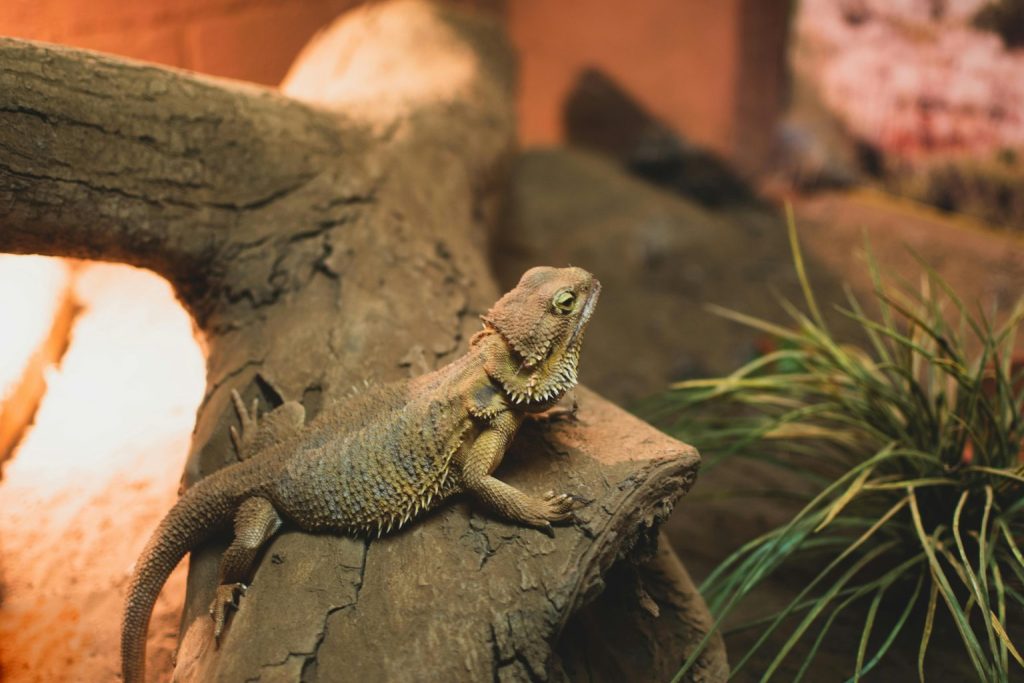
Why Choose a Bearded Dragon?
Bearded dragons are ideal for those looking for a social, interactive, and relatively low-maintenance reptile. They are known for their calm demeanor, making them great for families, beginners, and even children (with supervision). Their long lifespan (10-15 years or more) and engaging behaviors make them a rewarding companion for dedicated pet owners.
Handling and Temperament
Bearded dragons are among the most handleable reptiles. They are naturally calm, enjoy human interaction, and are content to sit on your shoulder or lap for extended periods. Their preference for climbing to higher vantage points adds to their charm.
Personality Variations
- Some bearded dragons are more laid-back, while others are curious and active.
- Their behavior as juveniles often reflects their adult temperament. A calm baby will likely remain calm as an adult.
Handling Tips
- Always handle them gently to avoid stress or injury.
- Supervise children during handling to ensure the dragon isn’t dropped or squeezed.
- Bearded dragons are unlikely to bite, but accidental nips can occur during feeding.
Potty Training Quirk
- Bearded dragons are known to poop during handling. However, they can be “potty trained” by giving them a warm bath before handling, as they often relieve themselves in water.
Tail Safety
- Unlike many other lizards, bearded dragons do not drop their tails, making them less fragile during handling.
Care and Maintenance
Bearded dragons require a moderate level of care. While they are relatively low-maintenance compared to some reptiles, they do have specific needs that must be met for their health and well-being.
Enclosure Setup
- Size: A 40-gallon tank is the minimum for an adult bearded dragon, but larger is always better.
- Climbing Space: Provide branches, rocks, and platforms for climbing and basking.
- Substrate: Use reptile carpet, tile, or paper towels. Avoid loose substrates like sand, which can cause impaction if ingested.
- Hiding Spots: Include at least one hide to help them feel secure.
Temperature and Lighting
- Basking Area: Maintain a basking spot temperature of 90–100°F.
- Ambient Temperature: Keep the cooler side of the enclosure at 78–80°F.
- UVB Lighting: Essential for calcium metabolism and preventing metabolic bone disease. Replace UVB bulbs every 6–12 months.
Feeding
- Diet: Bearded dragons are omnivores and require a balanced diet of live insects and fresh vegetables.
- Insects: Dubia roaches, crickets, and superworms are excellent protein sources.
- Vegetables: Offer mustard greens, collard greens, kale, and occasional fruits like berries.
- Supplements: Dust insects with calcium powder and provide a multivitamin supplement 2-3 times a week.
- Feeding Schedule: Juveniles should be fed daily, while adults can be fed every other day.
Cleaning
- Spot clean the enclosure daily to remove waste.
- Perform a deep clean of the enclosure and decor monthly to prevent odor and bacteria buildup.
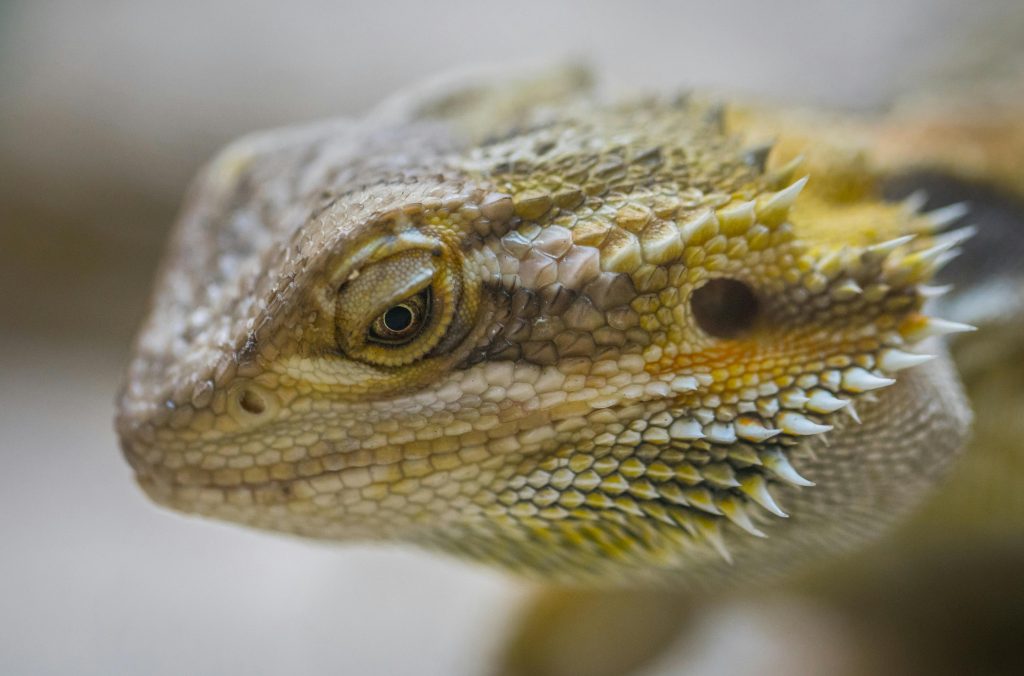
Health and Durability
Bearded dragons are hardy reptiles. They can tolerate beginner mistakes better than many other species, but proper care is essential for their long-term health.
Common Health Issues
- Metabolic Bone Disease: Caused by insufficient UVB lighting or calcium deficiency.
- Respiratory Infections: Often due to incorrect humidity or temperature levels.
- Impaction: Caused by ingesting loose substrate or large food items.
Preventative Care
- Maintain proper temperature and humidity levels.
- Provide a balanced diet with calcium and vitamin supplements.
- Regularly clean the enclosure to prevent bacterial growth.
With proper care, bearded dragons can live 10-15 years or more, making them a long-term commitment.
Availability and Cost
Bearded dragons are widely available and affordable.
Where to Buy
- Breeders: The best option for healthy, well-cared-for dragons.
- Reptile Expos: Great for meeting breeders and choosing from a variety of morphs.
- Pet Stores: Less ideal, but some stores carry healthy bearded dragons.
Cost
- Dragon Price: $30 to $100 for standard morphs, with rare morphs costing hundreds or even thousands of dollars.
- Setup Cost: $200 to $500 for a proper enclosure, lighting, and decor.
- Ongoing Costs: $20 to $50 per month for food, supplements, and bulb replacements.
Pros and Cons
Pros
- Friendly and easy to handle.
- Hardy and forgiving of beginner mistakes.
- Wide variety of colors and patterns (morphs).
- Long lifespan (10-15 years or more).
Cons
- Requires a significant upfront investment for proper housing.
- Needs a balanced diet of insects and vegetables.
- Sensitive to improper temperatures and UVB lighting.
- Can be stinky if the enclosure isn’t cleaned regularly.
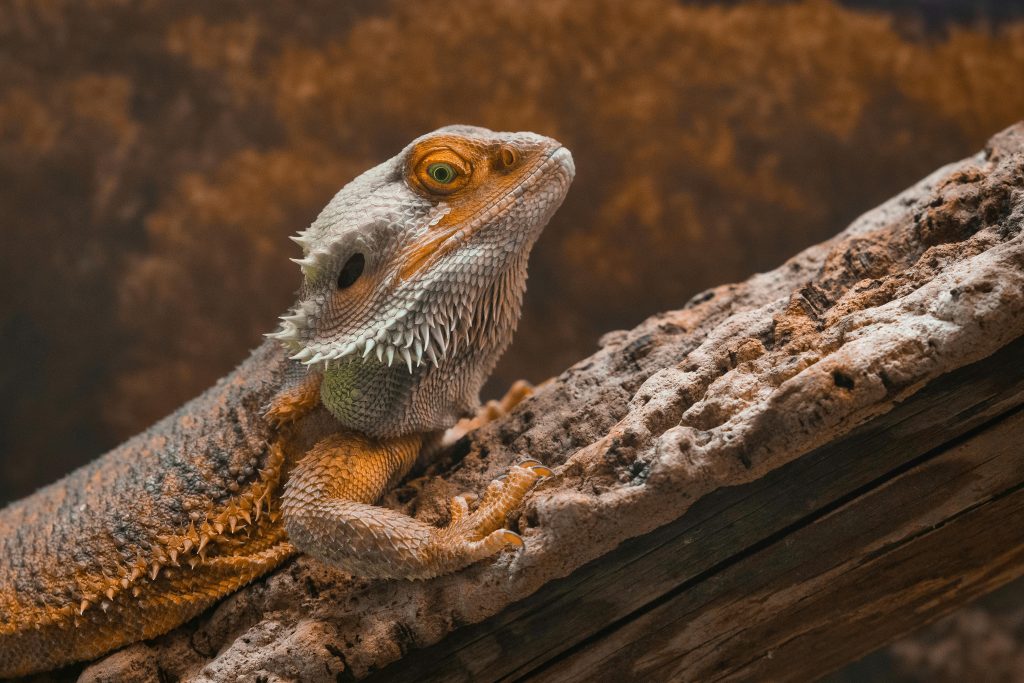
Final Thoughts
Bearded dragons are a fantastic choice for anyone looking to add a unique and engaging pet to their home. Their calm demeanor, ease of handling, and fascinating behaviors make them a favorite among reptile enthusiasts. While they do have specific care requirements, the effort is well worth the reward of having these delightful creatures as part of your family.
If you’re considering a bearded dragon, we highly recommend visiting a breeder or expo to meet them in person. Their individual personalities and stunning appearances are sure to win you over.
Have you owned a Bearded Dragon? Share your experiences and tips in the comments below! We’d love to hear how you care for your lizard and what makes them special to you.
For more reptile care tips and reviews, stay tuned to our blog and don’t forget to subscribe to our newsletter! 🦎

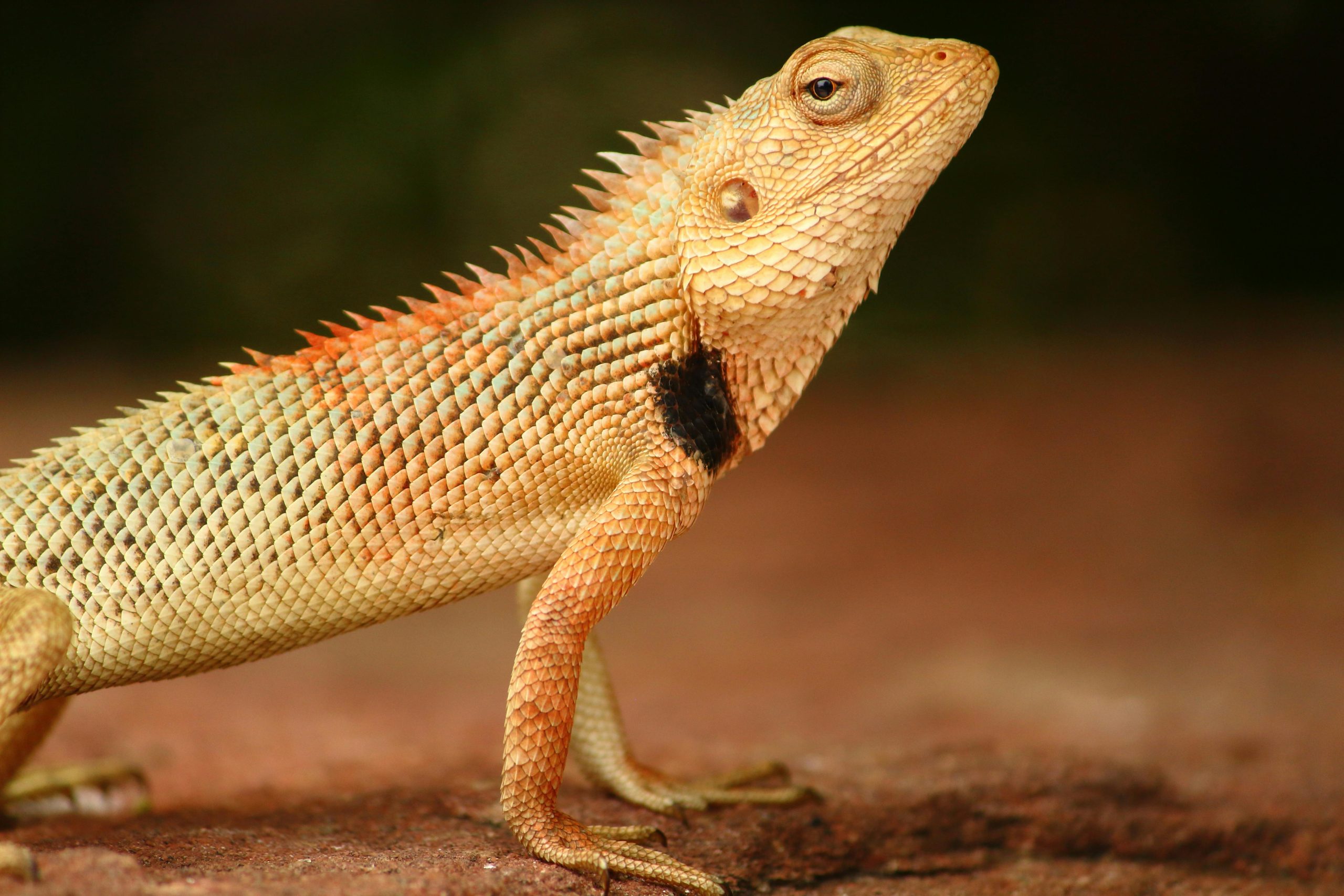

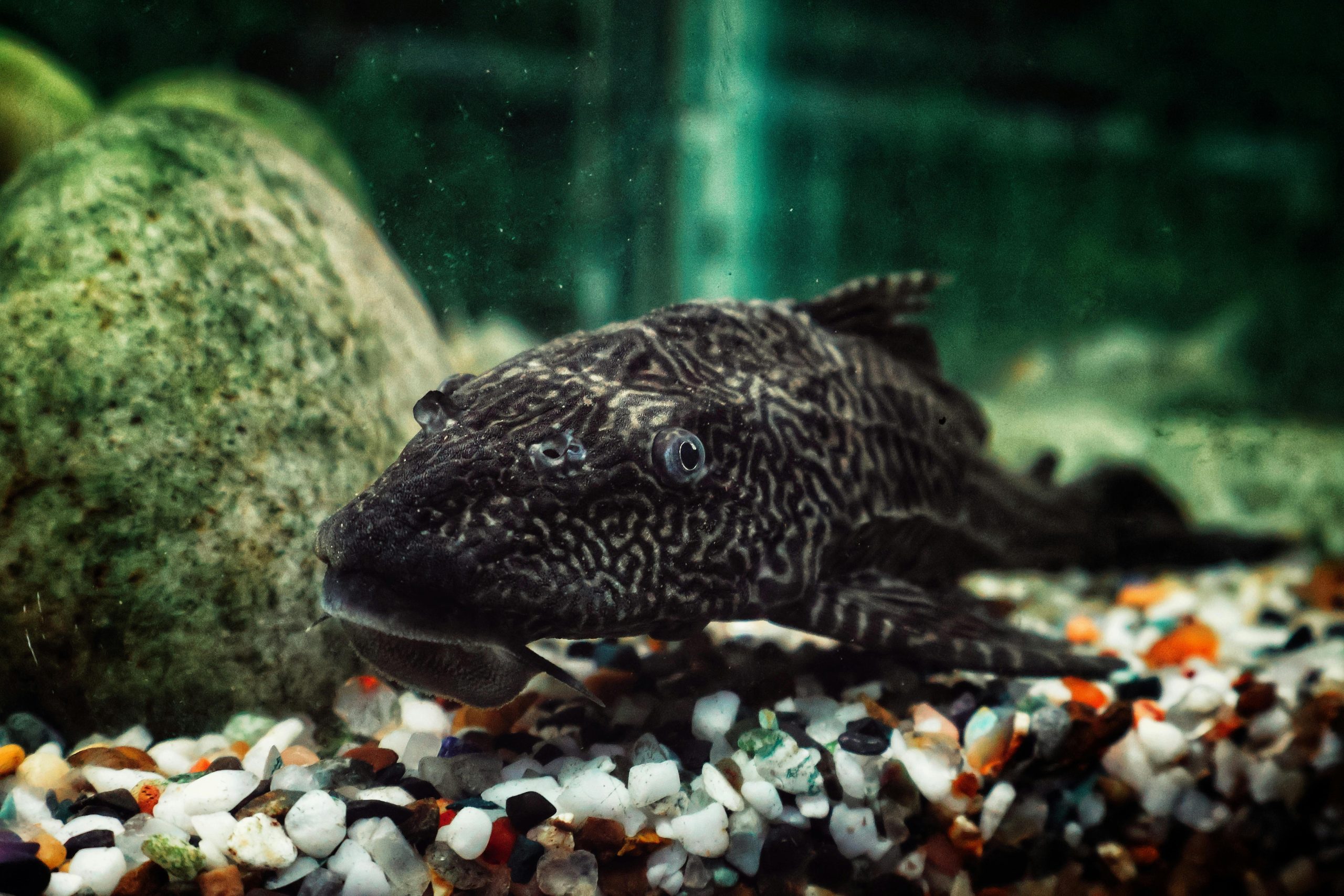
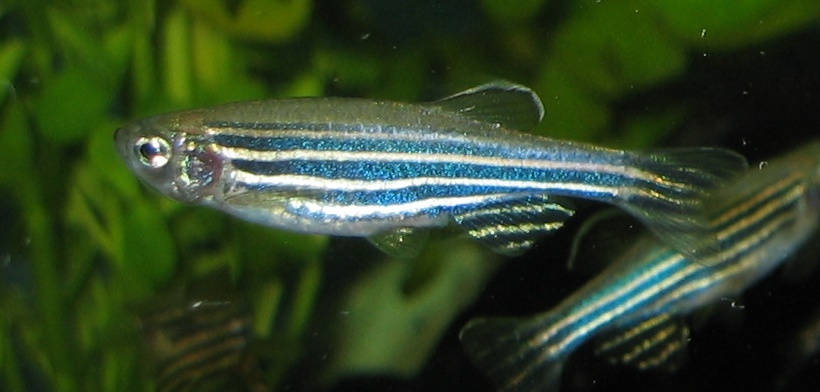
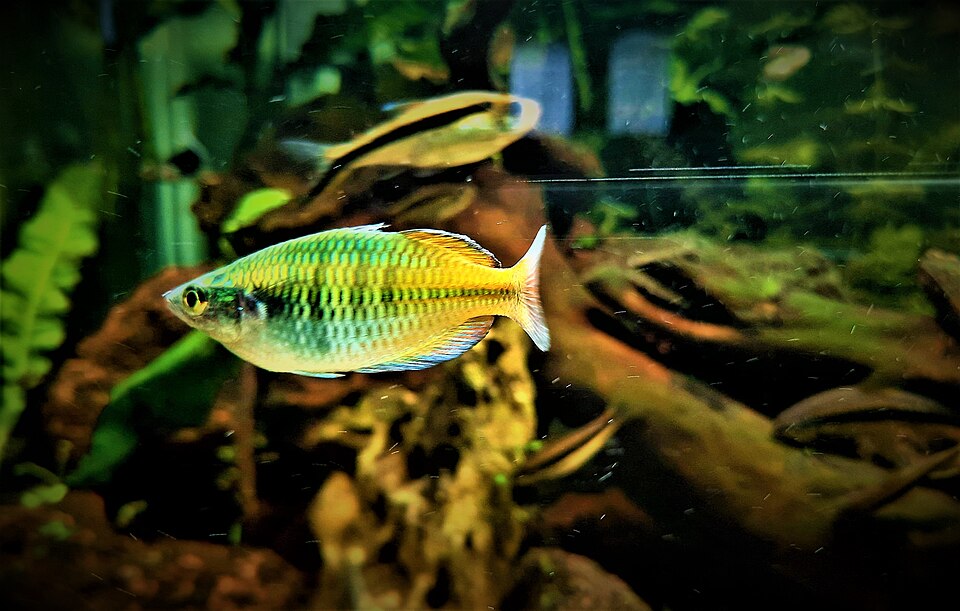
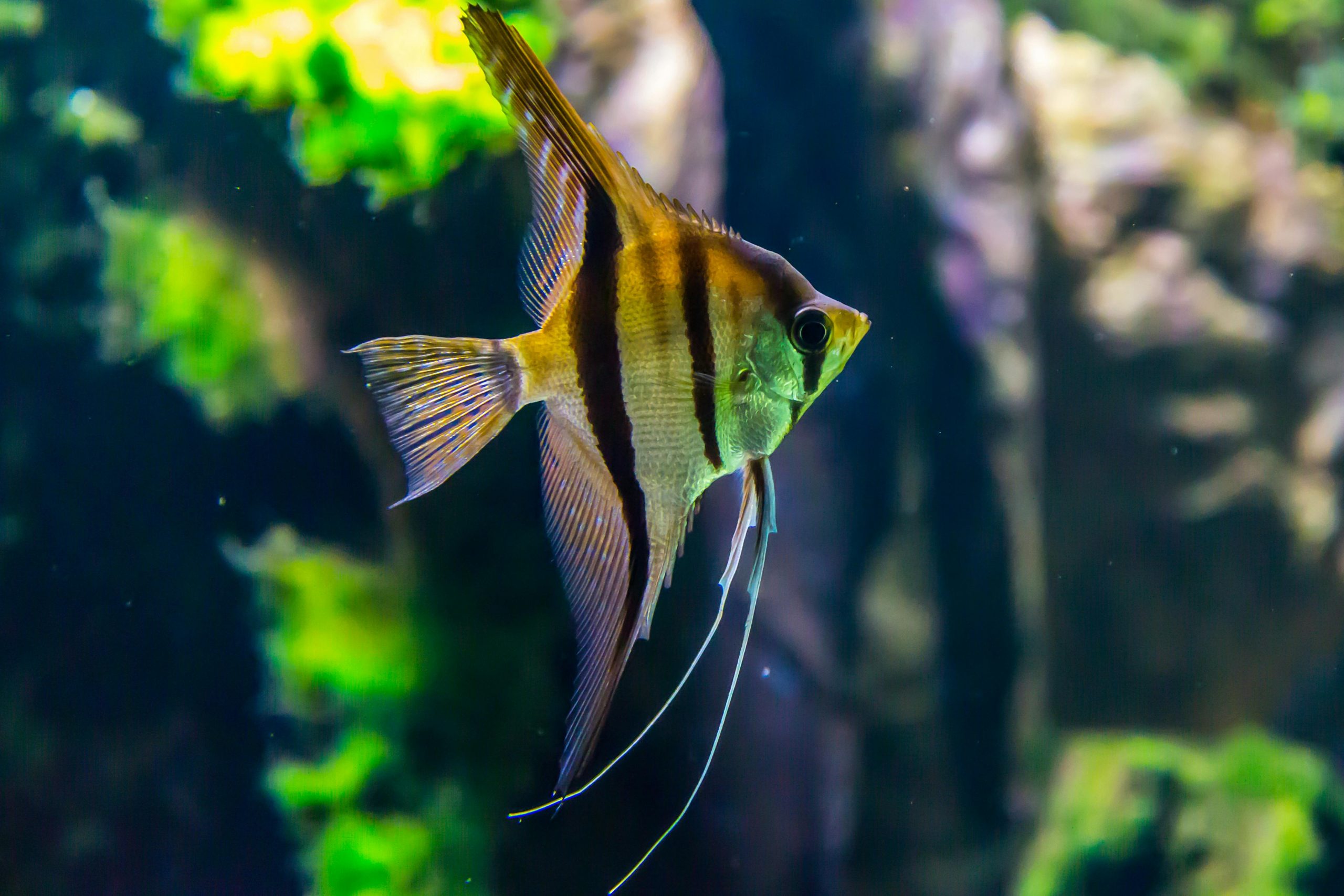
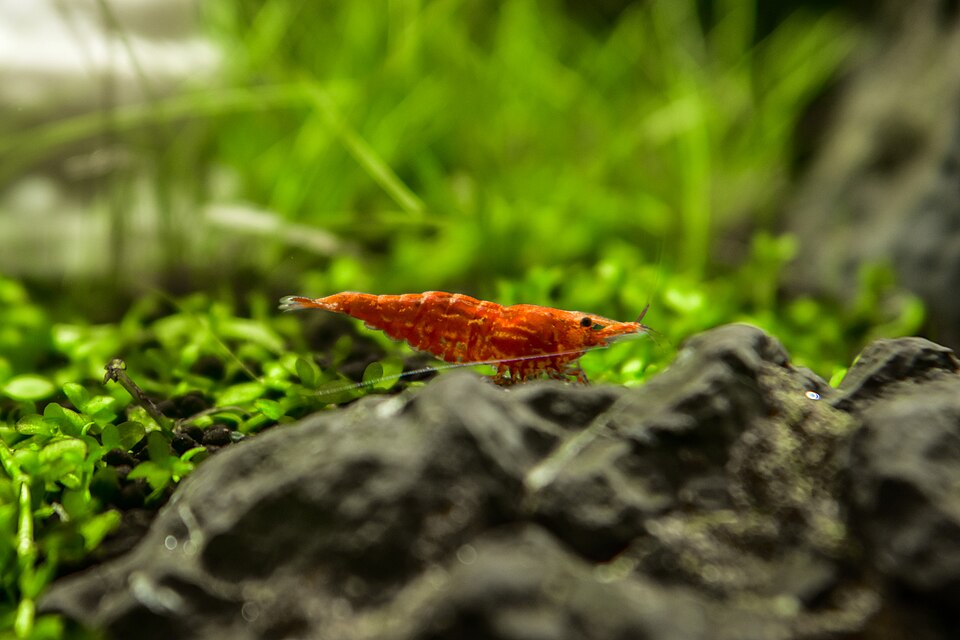
Leave a Reply